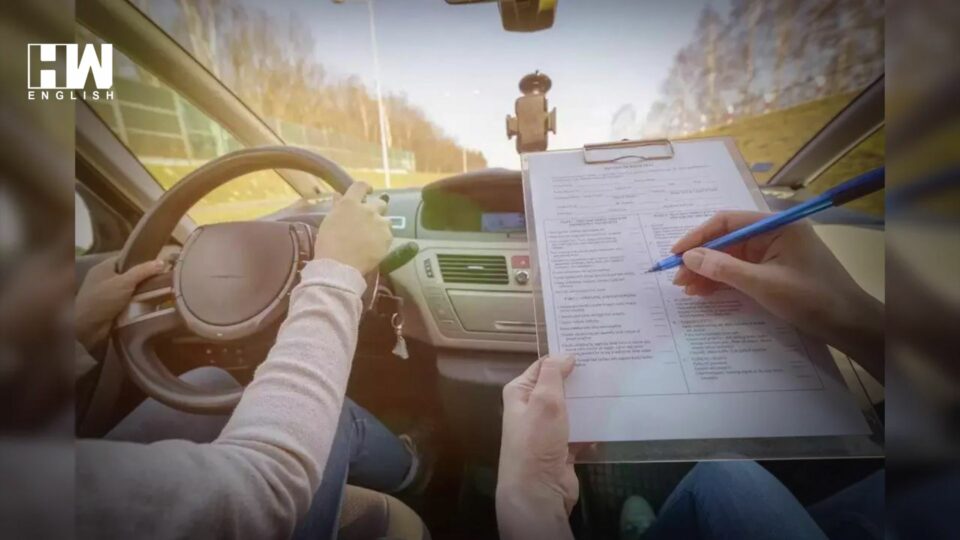The Ministry of Road Transport and Highways has unveiled sweeping new regulations for obtaining a driving license in India, set to take effect on June 1, 2024. The changes aim to improve road safety, reduce pollution, and streamline the licensing process.
A major shift is allowing driving tests to be conducted at authorized private driving training centers instead of only at government Regional Transport Offices (RTOs). These accredited institutions will be able to issue certificates confirming an applicant’s eligibility for a license.
Environmental concerns are a key focus, with plans to phase out around 900,000 older government vehicles and impose stricter emission standards on cars. Harsh penalties are being introduced, including fines of up to ₹25,000 for minors caught driving, cancelation of the vehicle owner’s registration, and a delay in license eligibility until age 25.
The documentation requirements for a new license have been simplified based on whether applying for a two-wheeler or four-wheeler license, reduces the need for physical checkups at RTOs. Application fees remain similar, from ₹150 for a learner’s permit to ₹200 for a driving license.
Stringent criteria for private driving schools have been set, such as minimum land area, proper testing facilities, qualified trainers, and minimum training durations of 29 hours over 4 weeks for light motor vehicles and 38 hours over 6 weeks for heavy motor vehicles.
While applicants can still apply online or at the Parivahan portal, an RTO visit is required to submit documents and take the driving test for final approval.
Officials state the overarching goal is to produce higher-quality, more responsible drivers through standardized training and testing processes aligned with international practices. Public feedback will determine if these significant reforms achieve the intended impacts on Indian road safety.
Also Read: ‘I Am Still An RSS Member’: Retiring Calcutta HC Judge
As an independent media platform, we do not take advertisements from governments and corporate houses. It is you, our readers, who have supported us on our journey to do honest and unbiased journalism. Please contribute, so that we can continue to do the same in future.

